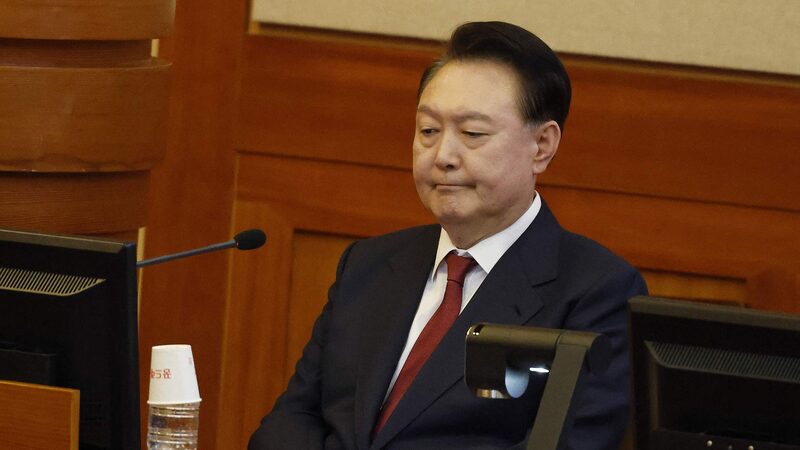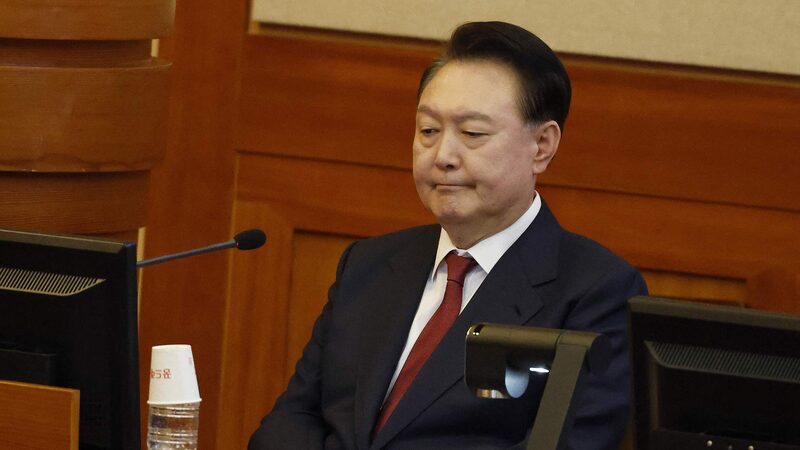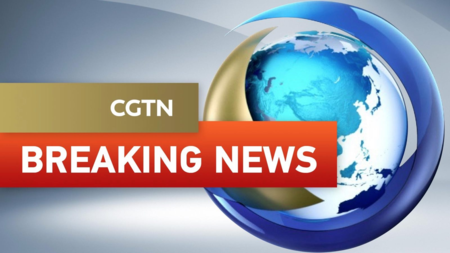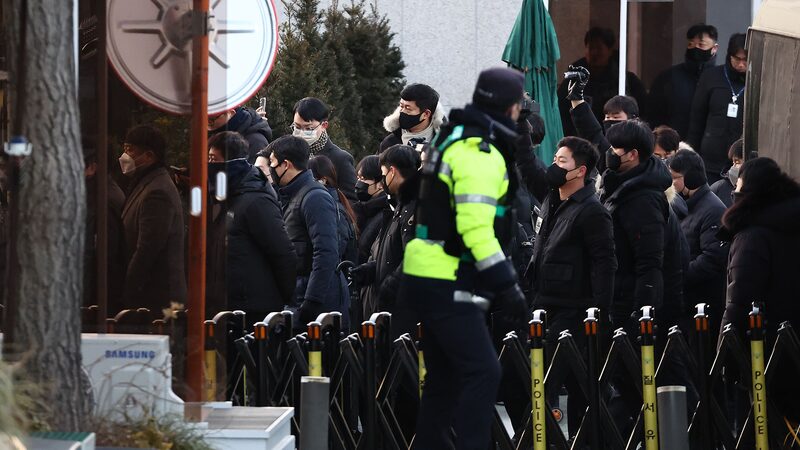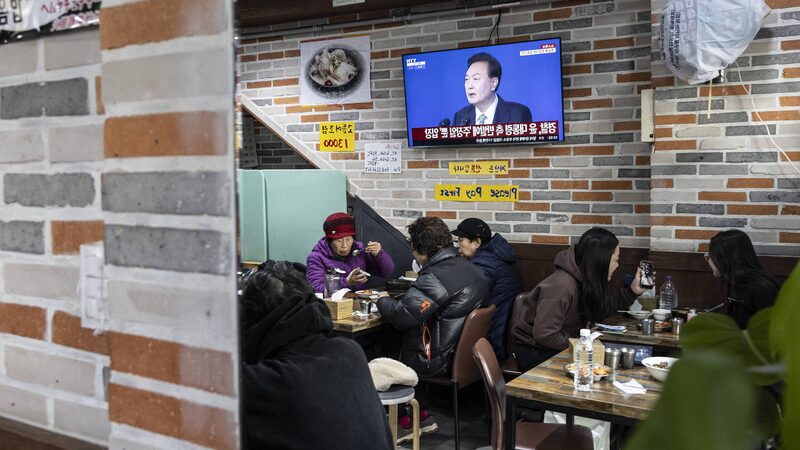In an unprecedented turn of events, South Korean President Yoon Suk-yeol was arrested on Wednesday at his official residence, marking the first time an incumbent president has been detained in the country’s modern history. The arrest stems from his recent imposition of martial law, which has sparked widespread controversy and political turmoil.
A joint investigation team, comprising members from the Corruption Investigation Office for High-ranking Officials (CIO), the National Office of Investigation (NOI), and the Defense Ministry’s investigative headquarters, announced that President Yoon was taken into custody at 10:33 a.m. local time (0133 GMT).
Television broadcasts captured the moment as vehicles escorted the arrested president away from the Blue House in central Seoul. He was transported to the CIO headquarters in Gwacheon, a city just south of the capital, for preliminary questioning. Following the interrogation, President Yoon was detained at the Seoul Detention Center in Uiwang, approximately five kilometers from the CIO office.
The CIO faces a critical decision within the next 48 hours: whether to seek an additional warrant to detain President Yoon for up to 20 days for further investigation or to release him. The arrest and potential extended detention of a sitting president have sent shockwaves throughout the nation, raising questions about the political stability and future governance of the Republic of Korea.
President Yoon’s short-lived declaration of martial law had been a subject of intense debate, drawing criticism from opposition parties, civil society groups, and international observers. The move was perceived by many as an overreach of executive power, leading to swift legal action by the authorities.
This historic arrest underscores the robustness of South Korea’s democratic institutions and their commitment to accountability, even at the highest levels of government. As the nation watches closely, the unfolding events are expected to have significant implications for South Korea’s political landscape and its standing in the global community.
Reference(s):
cgtn.com
